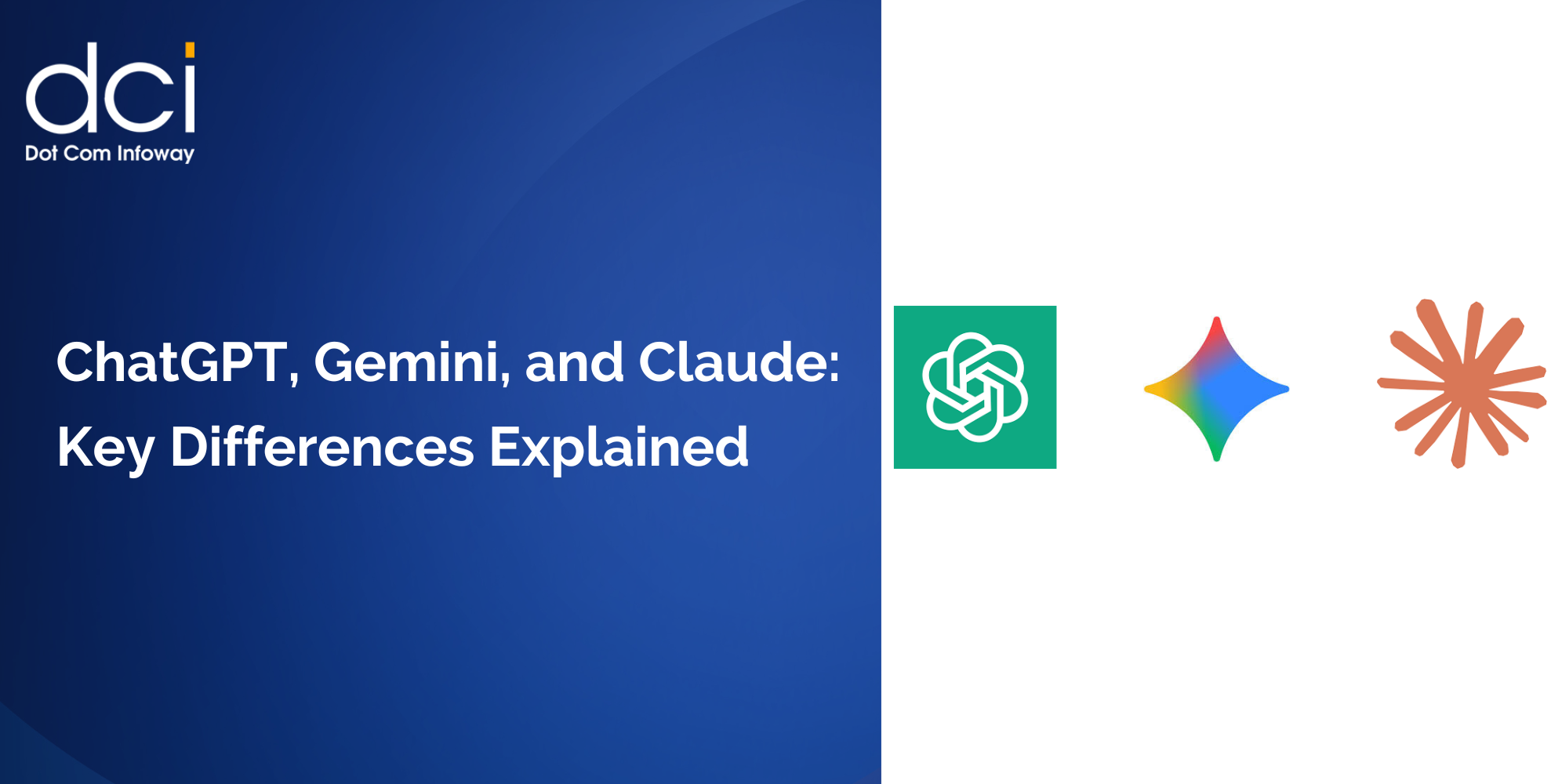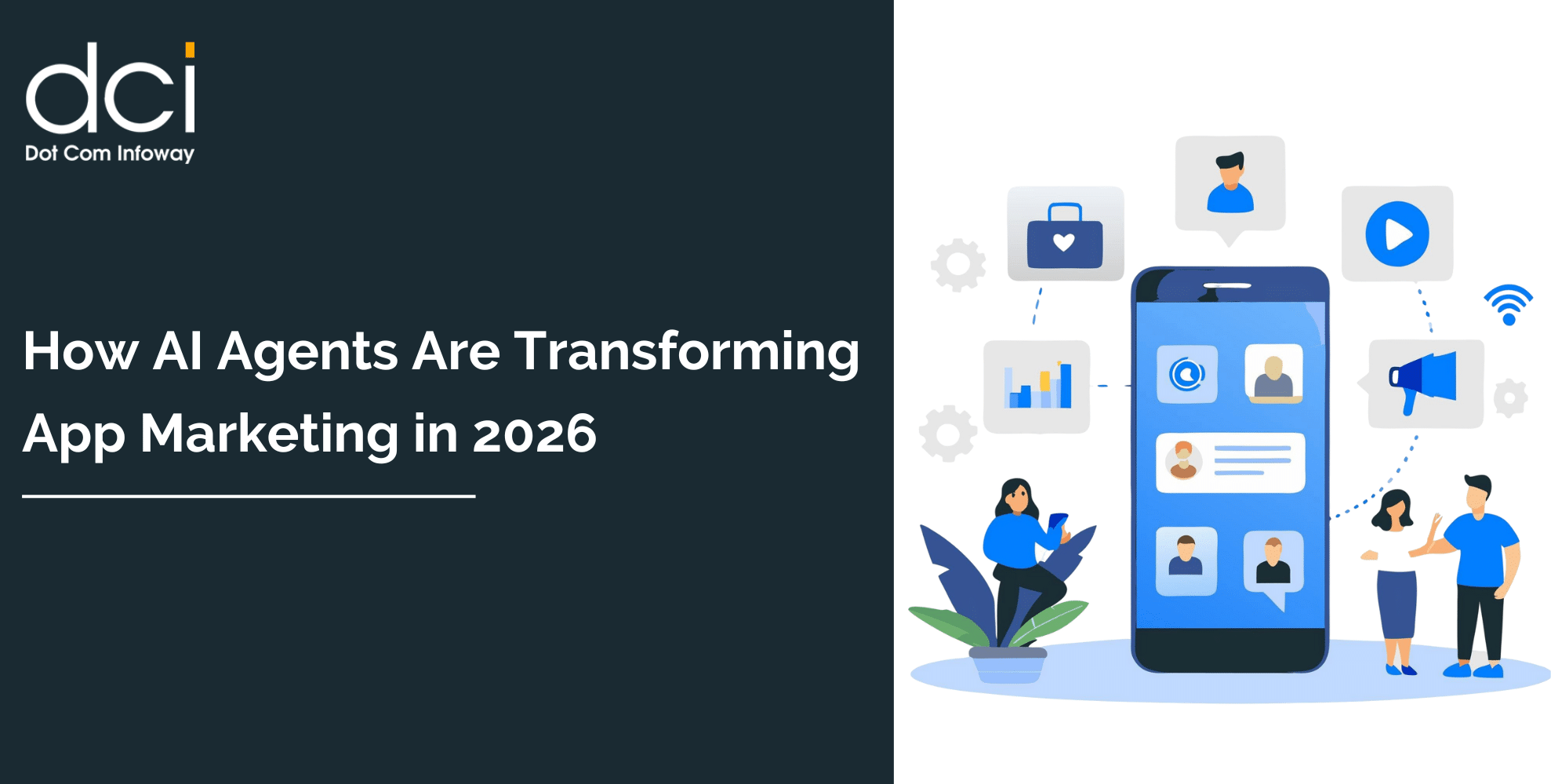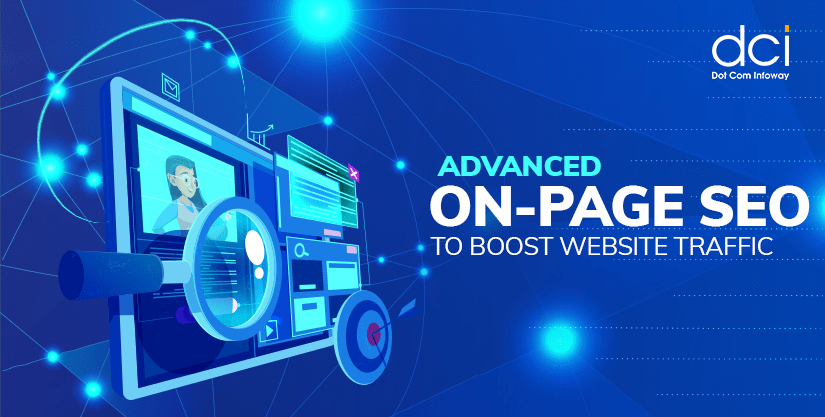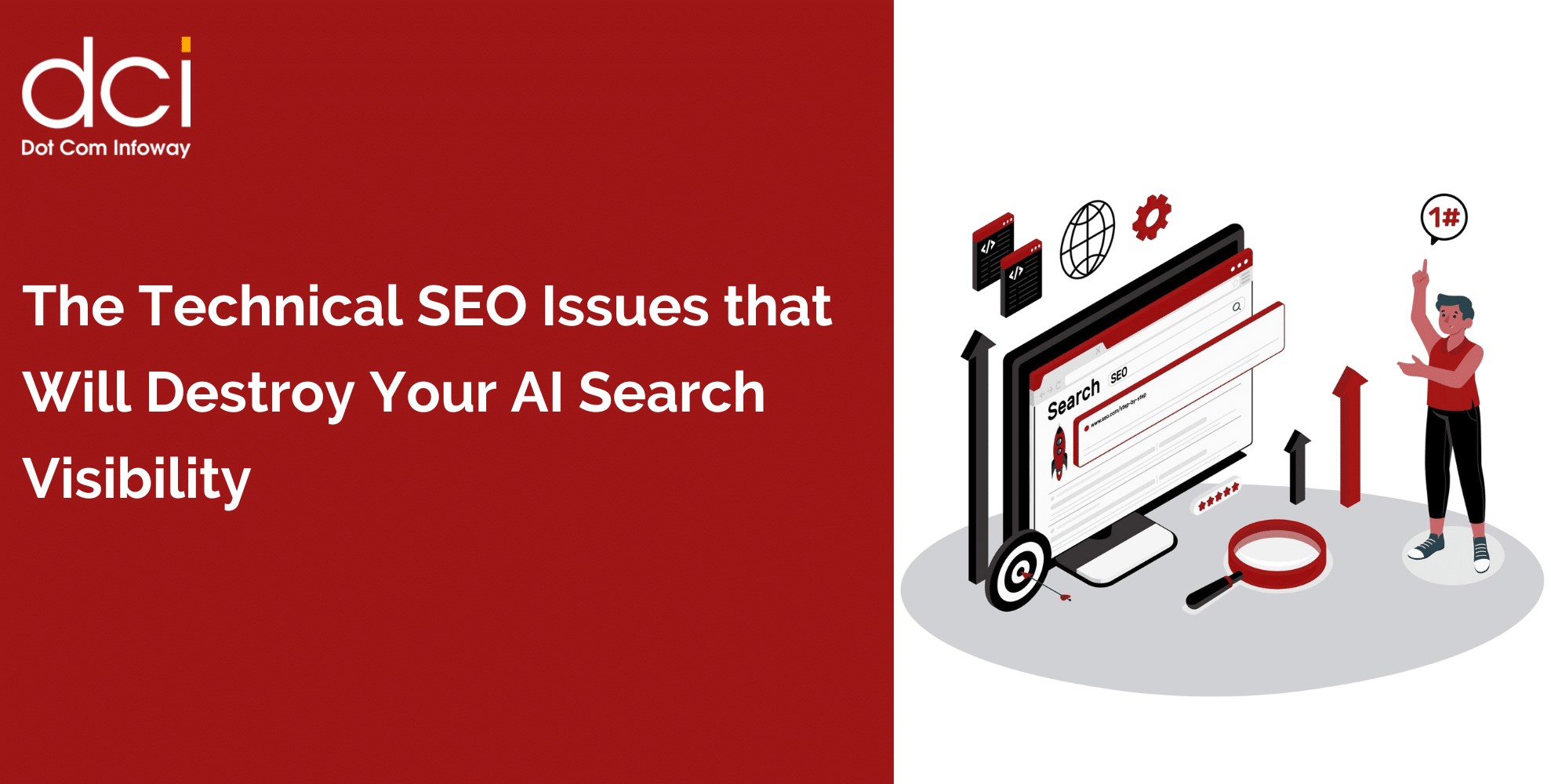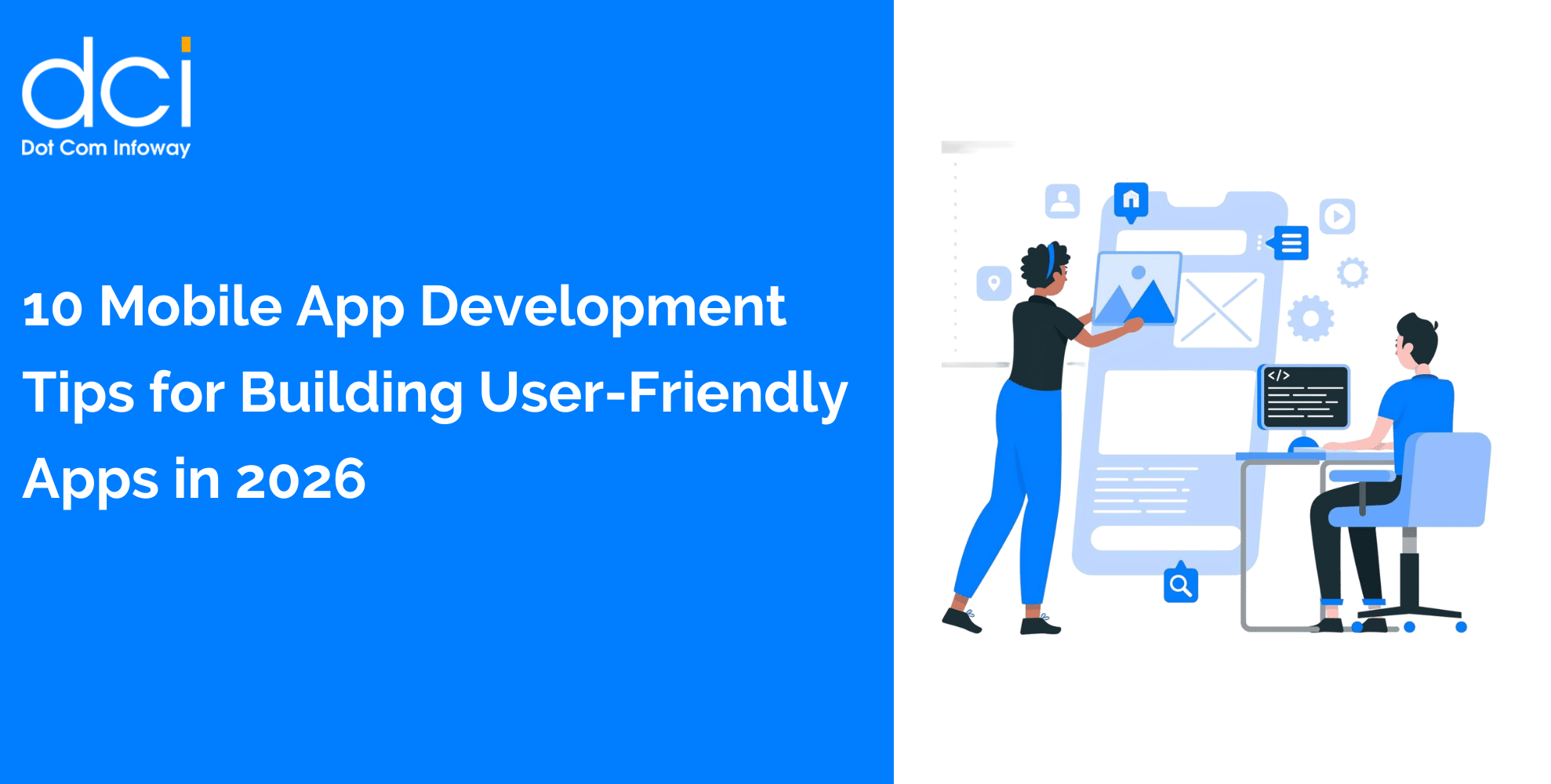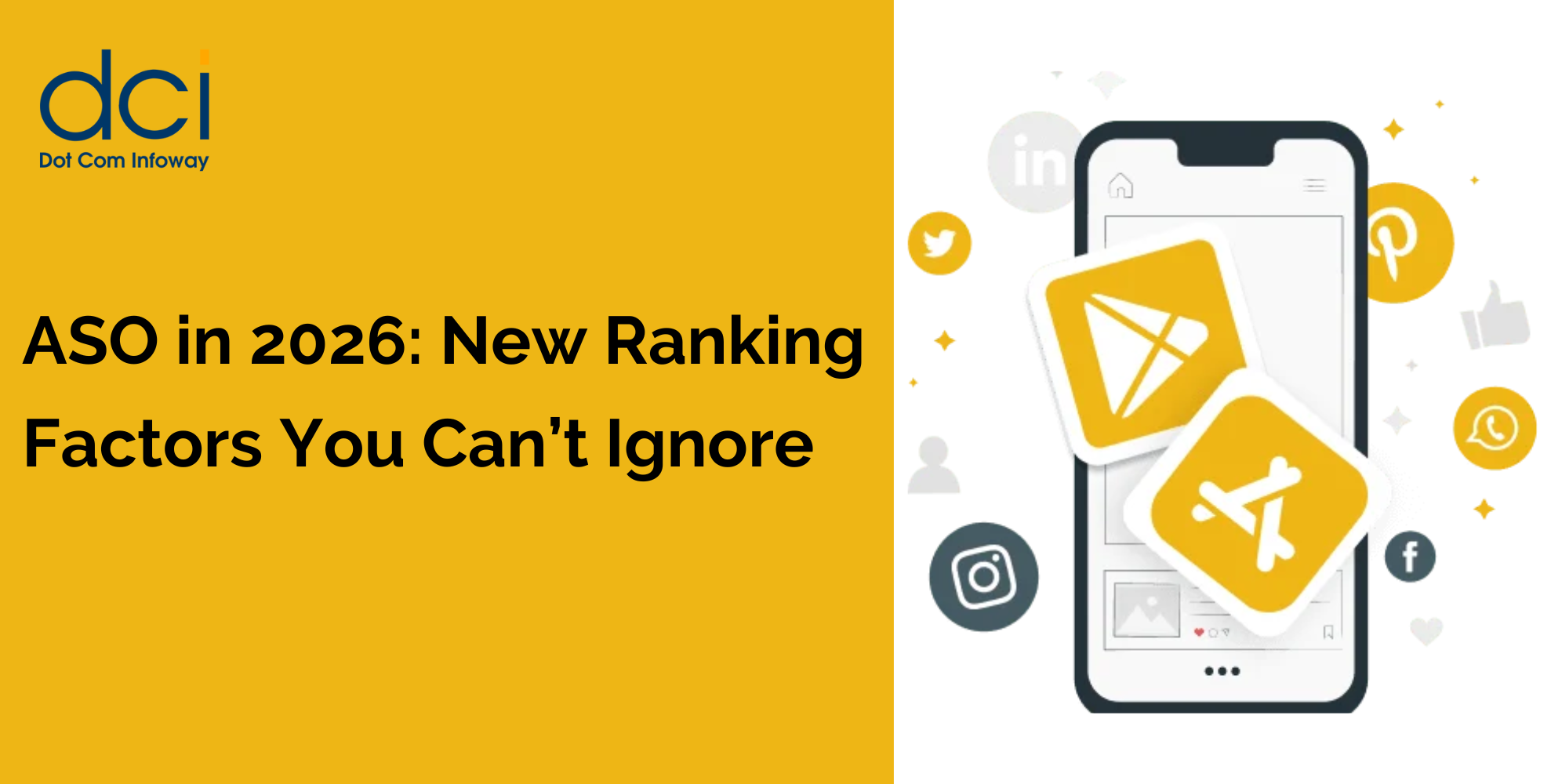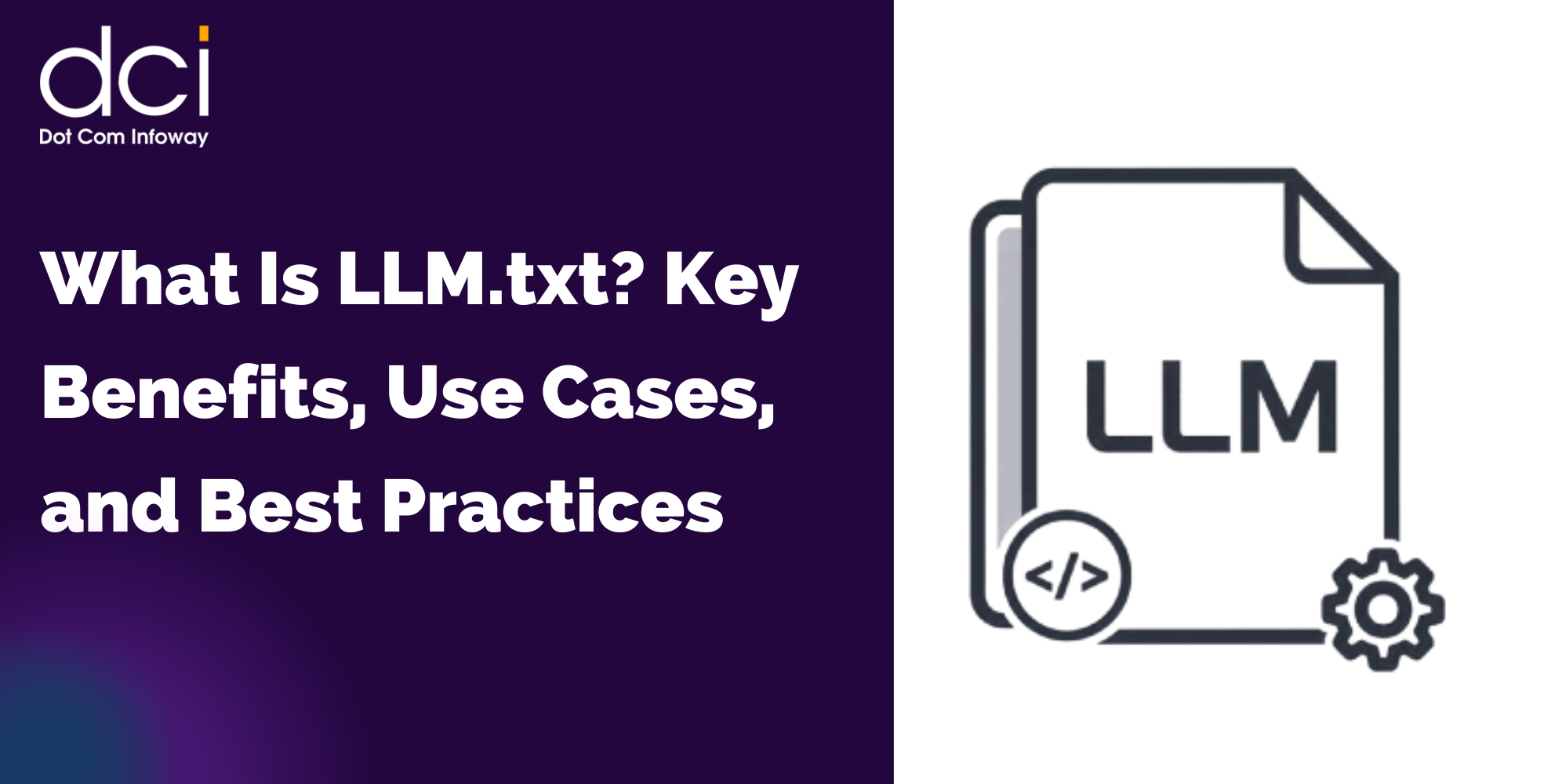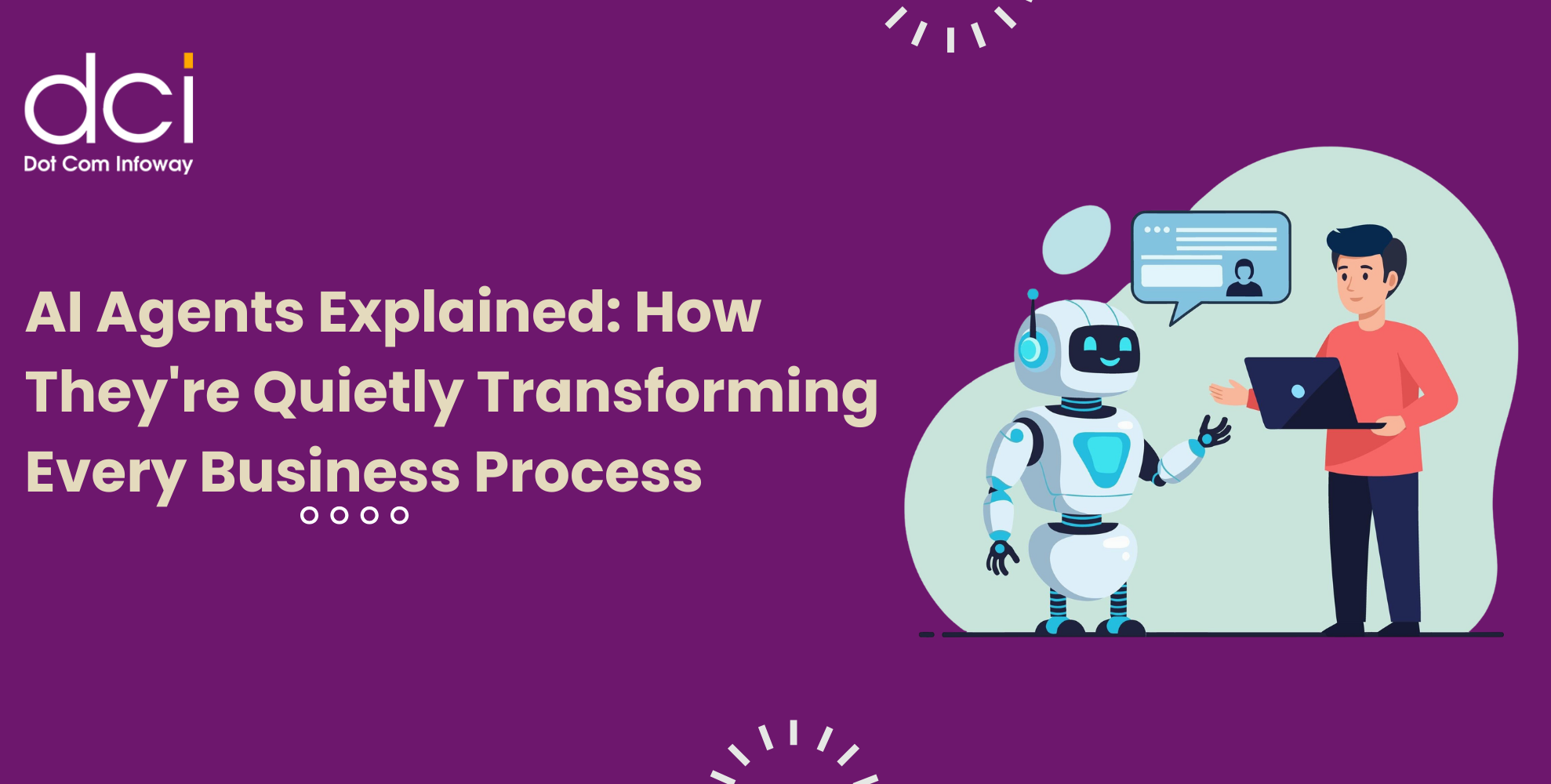Strategy 5: Master Schema Markup for AI Understanding
Generative engine optimization for businesses requires speaking the language that AI systems understand best – structured data. Schema markup acts like a translator between your content and AI crawlers.
Focus on these high-impact schema types:
• FAQ Page schema for question-based content
• HowTo schema for process-oriented articles
• Product schema for service descriptions
• Organization schema for brand authority
Fintel Connect saw remarkable improvements in AI visibility after implementing comprehensive schema markup across their content. The structured data helped AI systems understand their content context and purpose, leading to more frequent citations in AI-generated responses.
Strategy 6: Create Multi-Intent Content Variations
One of the most effective GEO strategies involves understanding that AI systems serve diverse user intents around the same core topic. Smart businesses create content that addresses multiple related questions and search variations naturally.
Opollo’s content strategy exemplifies this approach. Instead of writing separate articles for “social media marketing,” “social media strategy,” and “social media planning,” they create comprehensive pieces that naturally address all these related queries within a cohesive narrative.
This approach works because AI systems can extract relevant portions for different user questions while maintaining content quality and coherence.
Strategy 7: Focus on Zero-Click Optimization
Here’s a sobering statistic: 60% of Google searches now end without clicks, and only 8% of people click through from AI Overview links. This means your GEO strategies need to account for zero-click scenarios where AI systems present your information without users visiting your site.
The solution isn’t to fight this trend – it’s to work with it strategically. Create content that builds brand awareness and authority even when it’s consumed through AI-generated responses. Include your brand name naturally, showcase unique methodologies, and position yourself as the go-to expert source.
Strategy 8: Implement Continuous AI Visibility Monitoring
The most successful GEO for ChatGPT and Gemini requires ongoing monitoring and optimization. Tools like Semrush AI SEO Toolkit and Ahrefs Brand Radar help track your AI Share of Voice and Web Visibility across different platforms.
But don’t just rely on tools – manually test your target queries across different AI platforms. Check if your content appears in responses, how it’s being cited, and what context it’s presented in. This hands-on approach reveals optimization opportunities that automated tools might miss.
Regular monitoring helps you understand which GEO strategies are working and which need adjustment. The AI search landscape evolves rapidly, and successful businesses adapt their approach based on performance data.
The Future of Search Visibility
The shift toward AI-powered search isn’t slowing down. Google still processes 14 billion searches daily, but the way people interact with search results is fundamentally changing. Businesses that embrace comprehensive generative engine optimization for businesses today will have significant advantages as this trend accelerates.
The key is understanding that GEO vs SEO isn’t about choosing one over the other – it’s about evolving your approach to match how modern search actually works. Traditional SEO tactics still matter, but they need to be enhanced with AI-focused optimization strategies.
Success in this new landscape requires commitment to creating genuinely valuable, expertly crafted content that serves both human readers and AI systems. It’s about building real authority, not just appearing authoritative.
As businesses navigate this evolving landscape, partnering with experienced AI search optimization specialists becomes crucial. Companies like Dot Com Infoway offer comprehensive LLM SEO services that help businesses adapt their content strategies for maximum AI search visibility, ensuring they stay competitive in this rapidly changing environment.
The future belongs to businesses that understand both the technical requirements and strategic implications of AI-powered search. Start implementing these GEO strategies today, and you’ll be positioned to thrive as AI search continues transforming how customers discover and engage with businesses online.

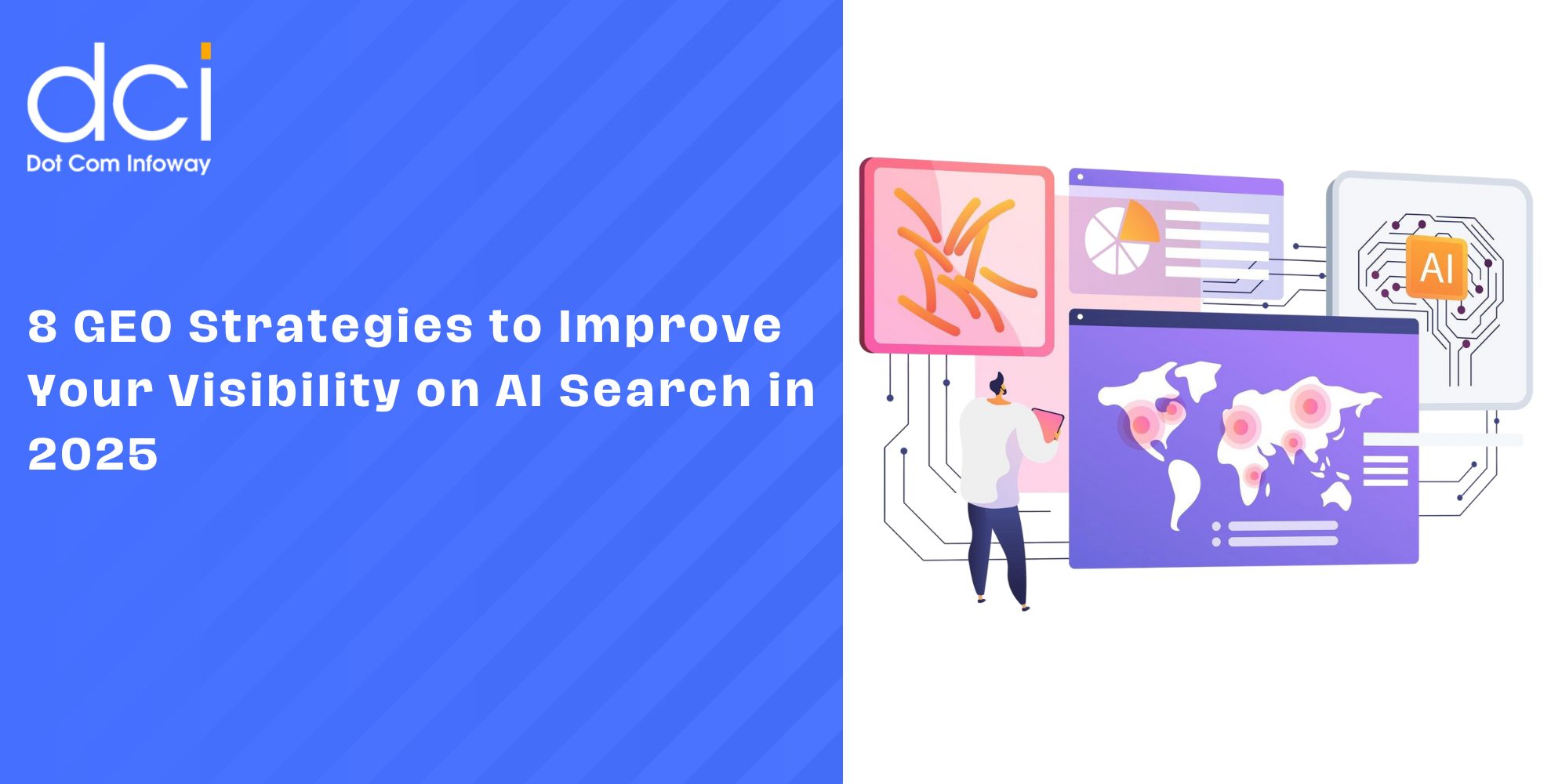





![The Game Marketing Guide: Pre and Post-Launch Strategies [Infographic]](https://www.dotcominfoway.com/wp-content/uploads/2023/09/DCI-Game-Marketing-blog-1.jpg)
